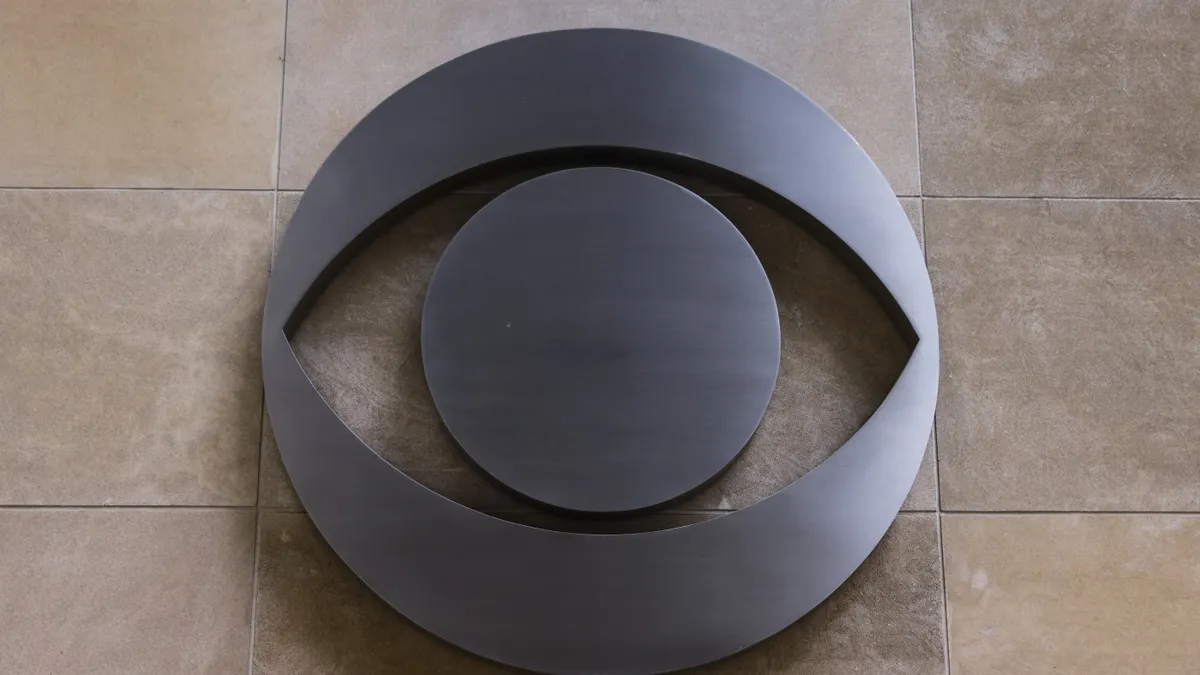
On Tuesday, Paramount Global, the parent company of CBS, announced a settlement in President Donald Trump's private lawsuit regarding a controversial 60 Minutes interview. This decision was seen as a relief for controlling owner Shari Redstone, but it also raised concerns about the future of independent journalism. The media landscape is increasingly reflecting a troubling trend: major corporations and powerful owners are prioritizing their interests over the principles of journalistic integrity.
The $16 million settlement stems from an interview conducted last fall with then-Vice President Kamala Harris. Trump's legal team alleged that CBS's decision to air selective parts of Harris's response concerning the Israel/Hamas conflict constituted election interference, claiming it inflicted emotional harm on Trump. This lawsuit prompted a formal review by Trump's appointed head of the Federal Communications Commission (FCC), which could have complicated CBS's ongoing business operations.
In light of these developments, CBS and Paramount sought to secure approval from the FCC for the sale of CBS to Skydance Media, a deal backed by Trump ally and Oracle founder Larry Ellison. This settlement not only resolves the lawsuit but also facilitates the transfer of broadcast licenses necessary for the merger.
Despite the corporate justification for settling, many legal experts view Trump's claims as baseless, citing the protections of the First Amendment. George Washington University law professor Jonathan Turley, a known Trump supporter, expressed skepticism about the lawsuit's validity, while former CBS News president Andrew Heyward suggested that the decision to settle was driven by corporate interests rather than journalistic ethics.
In a shareholders' meeting, CBS chief and Paramount co-CEO George Cheeks emphasized the need to minimize legal costs and avoid disruptions that could arise from protracted litigation. "Companies often settle litigation to avoid the high and somewhat unpredictable cost of legal defense," Cheeks stated, suggesting that a settlement allows for smoother business operations.
Inside CBS, emotions ran high following the settlement announcement. Reports indicate that staff members felt a mix of resignation and relief, particularly as corporate executives had hinted at a settlement. Many were glad that Paramount opted not to issue an apology, which they viewed as unnecessary.
The settlement has sparked a wave of criticism from free speech advocates and media watchdogs. Observers have noted a disconcerting pattern of corporate deference to Trump and his administration. Notably, the owners of major publications, including the Washington Post and the Los Angeles Times, have made editorial decisions that appear to align with Trump's interests, raising questions about the independence of the press.
For instance, both Jeff Bezos and Dr. Patrick Soon-Shiong, owners of the aforementioned newspapers, reportedly altered their editorial pages to minimize criticism of Trump. The Walt Disney Company and Meta have also faced backlash for their financial dealings with Trump, suggesting a growing trend of corporate accountability to political interests rather than journalistic integrity.
As the media landscape evolves, the implications of the CBS settlement are significant. Critics argue that it represents a worrying capitulation to political pressure, with some labeling it a form of extortion. Jameel Jaffer, executive director of the Knight First Amendment Institute, lamented the settlement, asserting that it marked a regrettable day for press freedoms and that Paramount would have prevailed in court.
Furthermore, legal scholars have warned that such settlements could set dangerous precedents, allowing political figures to exert undue influence over media organizations. Senator Ron Wyden indicated that he would push for investigations into the settlement, suggesting it amounted to a bribe for merger approval.
The CBS settlement with Trump encapsulates a critical moment for the media. As corporate interests increasingly overshadow the principles of independent journalism, the need for robust protections of press freedoms becomes more urgent. The implications of this case will likely resonate throughout newsrooms across the country, as advocates for free speech and press integrity mobilize to defend the values essential to a functioning democracy.